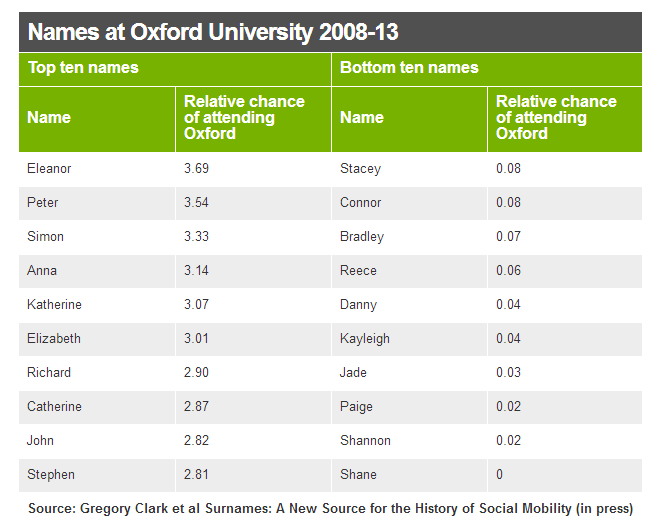A closing of some of the tabs
First, a set from closing a pile of the week's accumulated stories from the Stuff papers. I wonder whether the people who complain about the absence of real journalism bother reading what The Post and Sunday Star Times have been putting out lately.
- National's 'tax relief' won't be a tax cut "because the only real cut is a spending cut, anything else is just rearranging who pays what and in which generation."
- "If Health New Zealand can't find doctors, his iwi will." Some of the social services already being provided by Ngāti Toa.
- Andrea Vance asks "How did the cost of moving two schools blow out to more than $400m?"
- Promising work on methane vaccines for cows. Including great context from Dave Frame. [And here's Dave Frame and Adrian Macey over at Business Desk on methane]
- A path from John Birch through to anti-fluoride activism in NZ that runs through ZAP - a group I'd not heard of for at least a decade. Just great stuff from Charlie Mitchell here.
- Poor response rates in the 2023 Census, and speculation that it might be the last census as we know censuses.
- This one is just beautifully written. Joe Bennett on a walk up a hill.
There’s a lot to be said for being a cattle beast. You live with friends. Your food is all about you. You own nothing but an ear tag. And castration frees you from the main source of worry and expense. Admittedly you make one bad journey in the end, but you don’t see it coming, and your mates go with you. And you’re spared the horrors of old age.
And the rest of the tabs. Or some of the rest. I'm drowning here but the computer needs to be rebooted....
- One hypothesis on why Google Search doesn't work as well as it once did.
- Another climate stress test, another finding of zero systemic risk justifying RBNZ's continued prudential excursions into climate issues. Unless prudential reg now is meant not to guard against systemic risk and instead starts from assuming that bank directors are idiots and that bank shareholders need to be protected against bad decisions.
- NZ's NPS-UD doesn't go hard enough. British Columbia's enabling apartments up to 20 stories near transit stations.
- A new (to me anyway) metastudy on workforce diversity. Effects are significant and positive, "but insubstantial."
- "If the government believes making it more difficult to recruit offshore is going to get 50,000 people off the dole they are as deluded as all those who came before them who wanted to believe the same thing. I get the politics. I don't get the economics."
- RBNZ now investigating whether we should have a central bank digital currency.
- The Government really ought to push ahead with the Rule of Two for Medsafe Approvals. It would unlock access to RSV vaccines. Come on......
- Taiwan wants NZ to do more in supporting anti-authoritarianism. I wonder whether we ought to be doing more in supporting scholarships for promising students from the Islands to study in NZ.
- After my Insights column on the Christchurch Cathedral cost-benefit assessment, a reader pointed us to the business case for a major Tauranga city redevelopment project. I'd hope that, if central government is putting money into this, it pushed hard on checking whether the increases in tourism are plausible (and net national rather than within-country diversion). And whatever arguments one wants to have about appropriate discount rates for social projects as compared to infrastructure projects, expect infrastructure spending (like museums) to be portrayed as social investment where the lower discount rate allows a higher NPV for purported benefits. Bit of a Lil Lisa's Slurry problem here.



